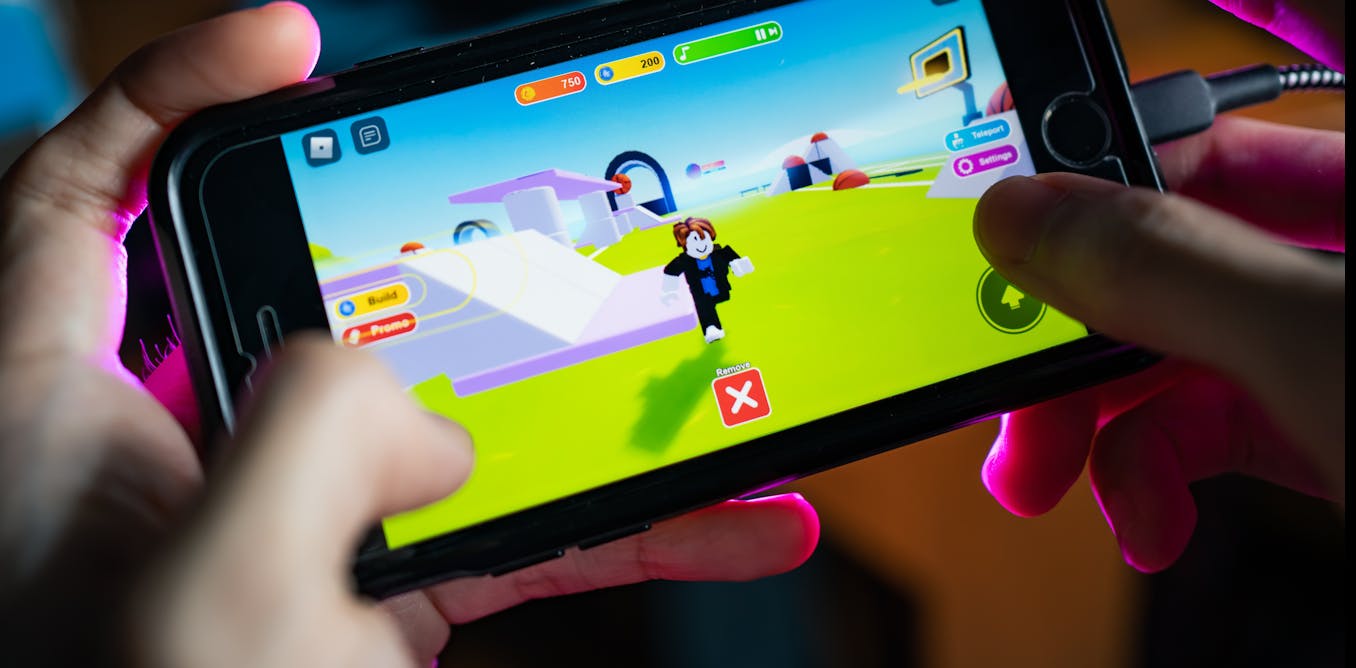Roblox is a leading online platform for children, offering various experiences ranging from games to virtual spaces. While many experiences are free, players can enhance their gameplay with upgrades and random items for cash.
What Do Kids Think?
In a recent study, we interviewed 22 children aged 7 to 14 (and their parents) from November 2023 to July 2024. Out of these, 18 played Roblox. We provided an A$20 debit card to understand their spending decisions. While some kids bought physical items, 12 children spent their money on Roblox.
Insights from the Interviews
Children value their Roblox purchases but express concerns about the platform's complex transactions and describe its random reward systems as “child gambling”. Many complained about feeling misled and referred to the platform’s refund policy as inflexible.
What is Roblox?
Launched in 2006, Roblox is marketed as the ultimate virtual universe, boasting 380 million monthly active users globally, with about 42% under 13. A study found Australian players aged 4 to 18 spent an average of 137 minutes a day on Roblox.
The Financial Side
Roblox generates much of its US$3.6 billion revenue from in-game microtransactions, particularly for its virtual currency, Robux. Although Roblox is free to play, players can buy various in-game items and access passes, often through random lootboxes.
Random Rewards and Gambling Concerns
Many popular games on Roblox, like Adopt Me! and Blox Fruits, feature random rewards where players can buy items of varying rarity. One child noted, playing these games feels like “literally just child gambling.” This randomization can lead to disappointment among children, impacting family dynamics.
Virtual Currency Confusion
Roblox uses virtual currencies that must be bought with real money. For example, A$8.49 buys 400 Robux, which can then be converted into game-specific currencies. Some children navigate these conversions well, while others find them “scary” and confusing.
Current Protections Are Insufficient
Despite the benefits of digital games for children's social and educational development, the monetization practices raise significant concerns about their financial and emotional impacts. Our research suggests that while monetized features should not be banned, random reward mechanics and virtual currencies are inappropriate for children’s games.
Call for Better Regulations
Countries have struggled to regulate lootboxes effectively, and current Australian laws regarding these practices are inadequate. Parents feel overwhelmed by the complexities of these games and are anxious about the monetization of their children. A new approach that prioritizes safety by design is necessary for digital service providers.







Comments
Join Our Community
Sign up to share your thoughts, engage with others, and become part of our growing community.
No comments yet
Be the first to share your thoughts and start the conversation!